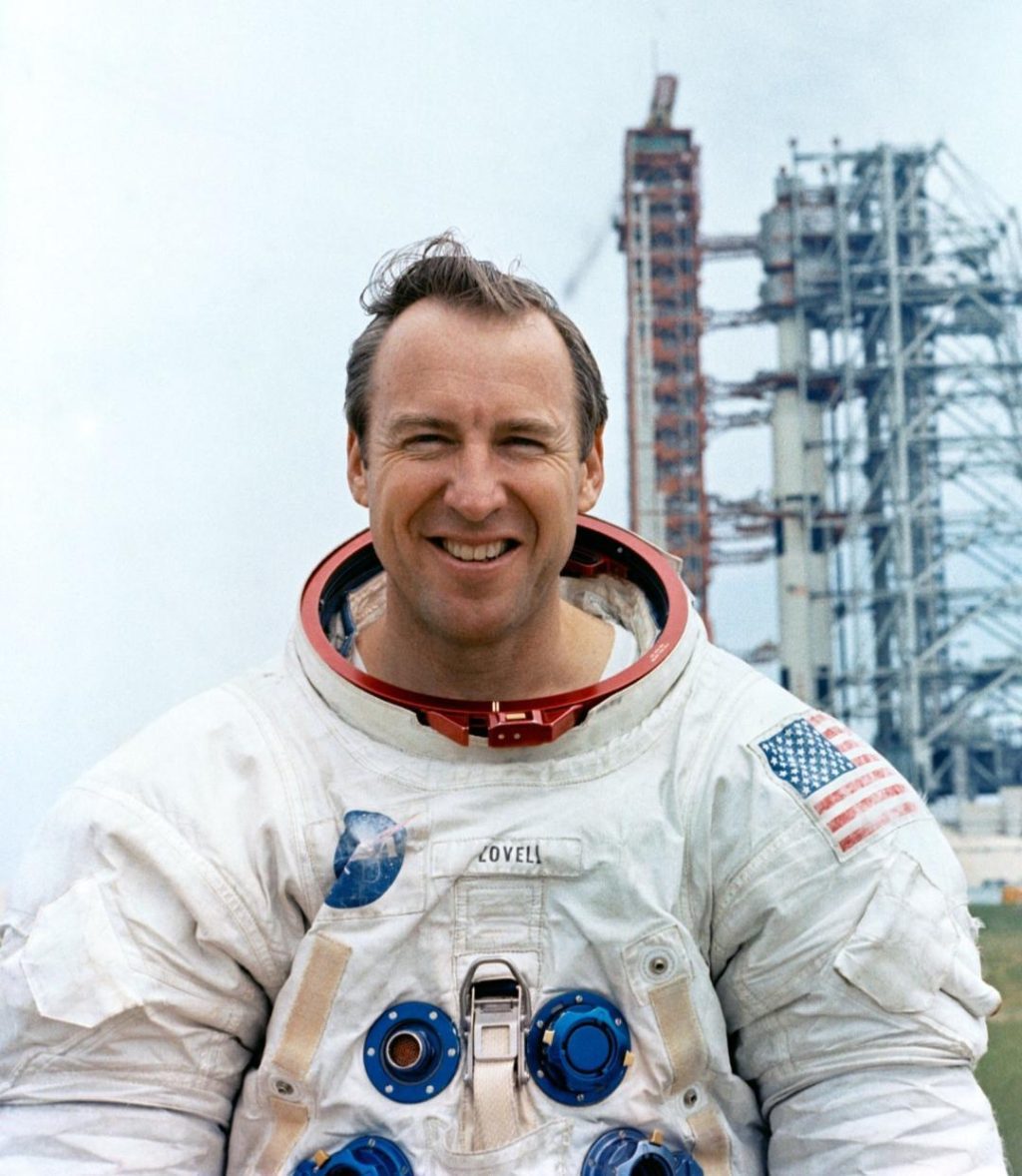
Astronaut Jim Lovell, who went to Moon twice but never landed, passes away at 97
American astronaut Jim Lovell, the first man to go to the Moon twice but never landed, has passed away on Thursday at the age of 97. Lovell’s remarkable career in space exploration spanned over two decades, during which he played a crucial role in NASA’s Apollo program. His contributions to the space agency are still celebrated and remembered today.
Born on March 25, 1928, in Cleveland, Ohio, Lovell was a naval aviator before joining NASA’s astronaut program in 1962. He was selected as an astronaut candidate in 1962 and went on to participate in several space missions throughout his career. Lovell was part of the Apollo 8 mission in 1968, which was the first manned mission to orbit the Moon. Although he did not land on the Moon, Lovell’s journey around the lunar surface paved the way for future missions to the Moon.
In his second trip to the Moon, Lovell was the commander of the Apollo 13 mission in 1970. However, the mission was aborted due to an explosion on board that occurred on April 13, 1970, just hours after launch. Lovell and his crew, Jack Swigert and Fred Haise, were forced to improvise and use the lunar module as a lifeboat to survive the mission. Despite the challenges, Lovell guided the crew safely back to Earth, earning him the nickname “Lucky Jim.”
Lovell’s life and work inspired millions, and his courage under pressure helped forge our path to the Moon and beyond. According to NASA, Lovell’s experience on Apollo 13 was instrumental in developing the agency’s emergency procedures and contingency plans.
In addition to his accomplishments in space exploration, Lovell was also a decorated naval officer and received numerous awards and honors for his service. He was awarded the Congressional Space Medal of Honor in 1990 for his contributions to the Apollo program.
Lovell’s legacy extends beyond his achievements in space exploration. He was a pioneer in the field of astronautics and played a crucial role in shaping the course of NASA’s space program. His experiences and expertise helped pave the way for future generations of astronauts and space explorers.
In a statement, NASA paid tribute to Lovell’s remarkable career and legacy, saying, “Lovell’s life and work inspired millions. His courage under pressure helped forge our path to the Moon and beyond.”
Lovell is survived by his wife, Marilyn, and his three children, James, Susan, and Jeffrey. His passing leaves a void in the space community, but his legacy will continue to inspire and motivate future generations of astronauts and space enthusiasts.
As we bid farewell to this remarkable individual, we take a moment to reflect on his incredible achievements and the impact he had on our understanding of space exploration. Jim Lovell’s life was a testament to the power of human ingenuity, courage, and perseverance. His legacy will continue to inspire us to reach for the stars and explore the vast expanse of space.






